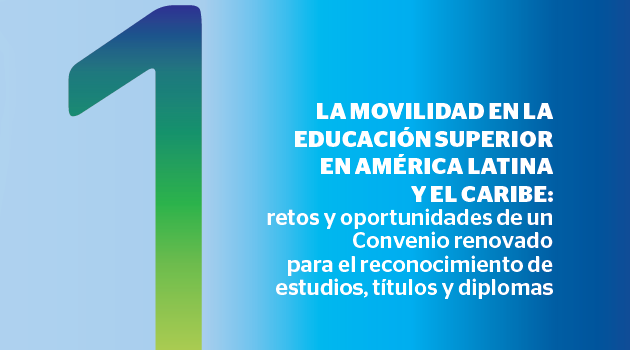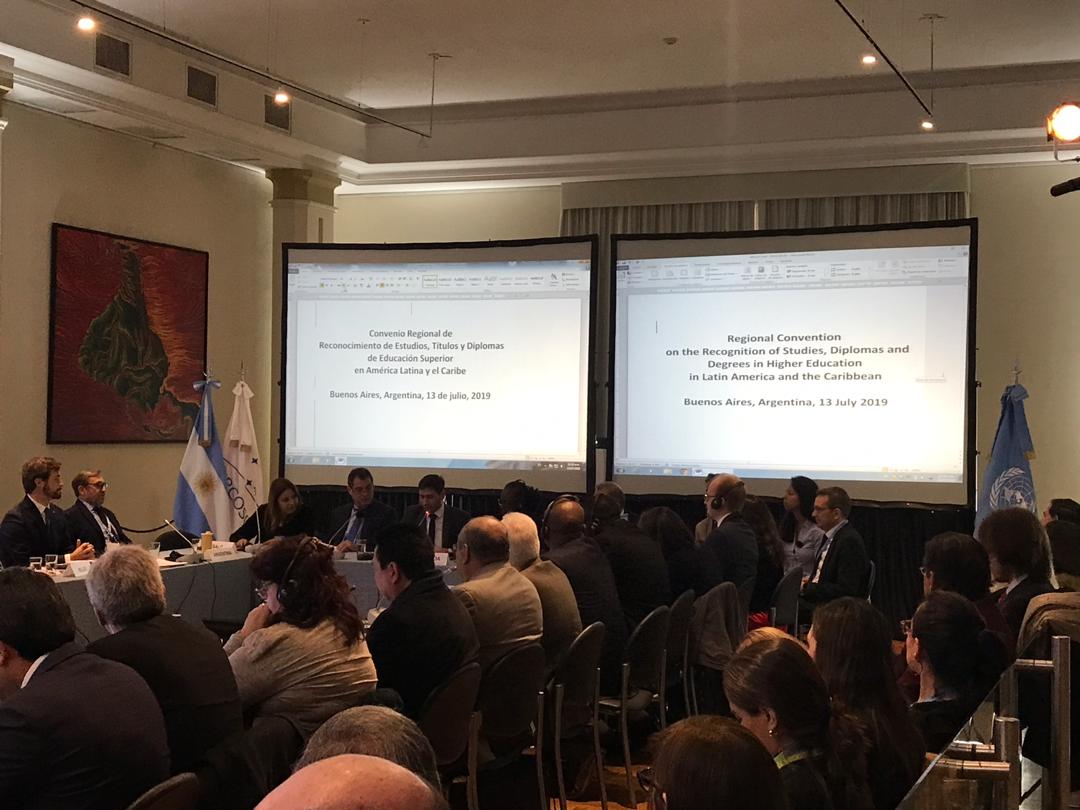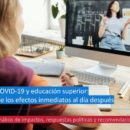Banish hunger on university campuses / Nature International Journal of Science


When I had to skip meals to pay for rent during my student days at Kenyatta University in Nairobi, Kenya, studying became hard. In the first weeks of the semester, when I had enough money for food, I would wake up early to revise notes before class; lectures always made sense to me, and I was sharp in seminars. But as my food money dwindled, I went hungry and could feel my attention span shrinking. I would not spend my time learning, but thinking of where to get my next meal. Instead of visiting the library, I would sleep. I would stay in my room rather than go out with other students — and I struggled in some of my courses.
At long last, universities and research institutions are starting to pay attention to bullying, harassment and mental health. Now, they need to recognize that far too many students in higher education are hungry or are spending their time worrying about where to get food. A survey at two universities in Nigeria found that 45% of students had gone hungry or cut down on their food consumption to save money — and even higher rates were found at a university in South Africa. Rich countries can also face this burden. The University of California estimates that one-quarter of its graduate students have experienced food insecurity, meaning that they have skipped meals or reduced portions to save money, or ran out of food before they could afford to buy more.
Read the full article on Nature International Journal of Science.
RELATED ITEMS








